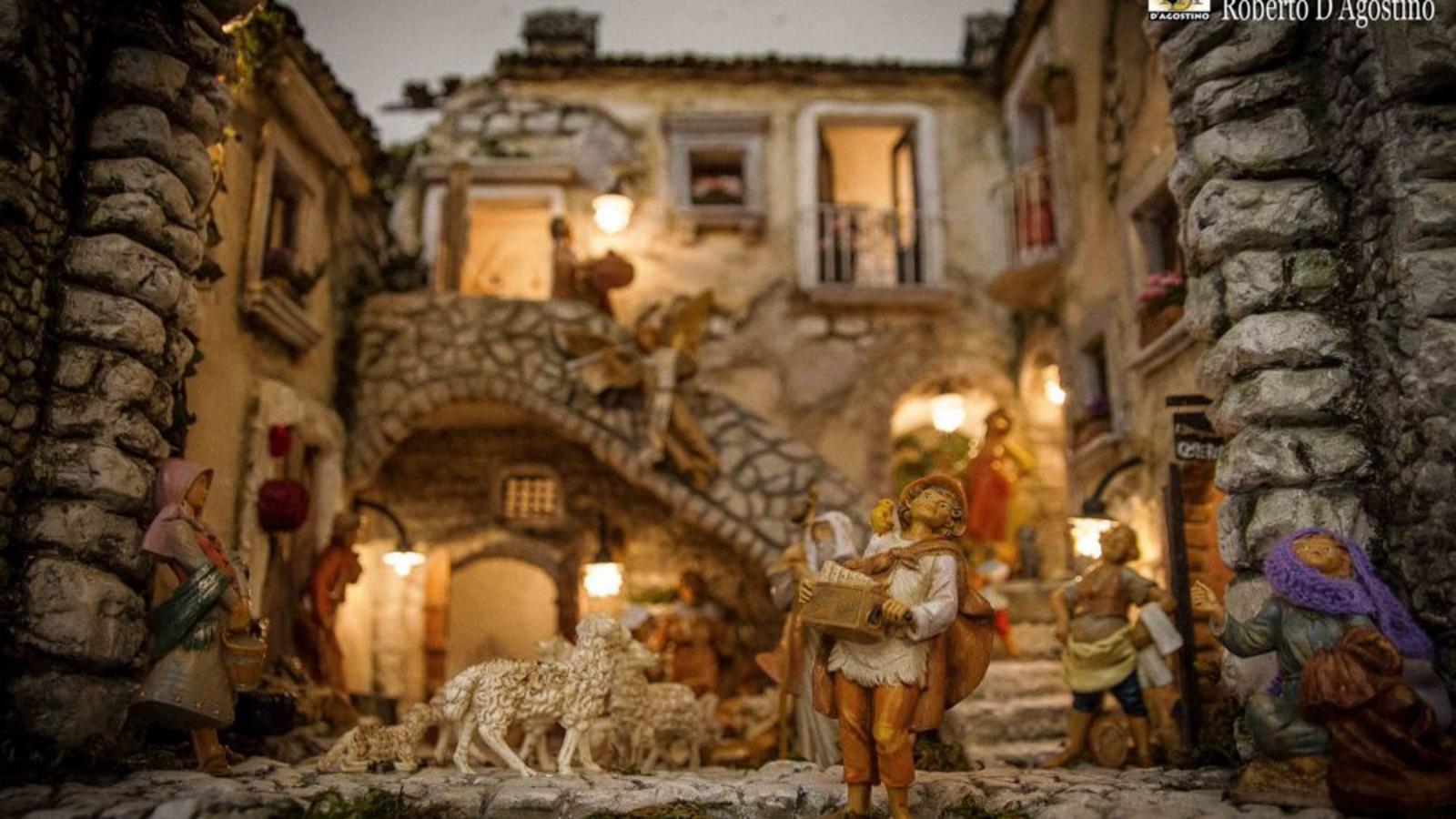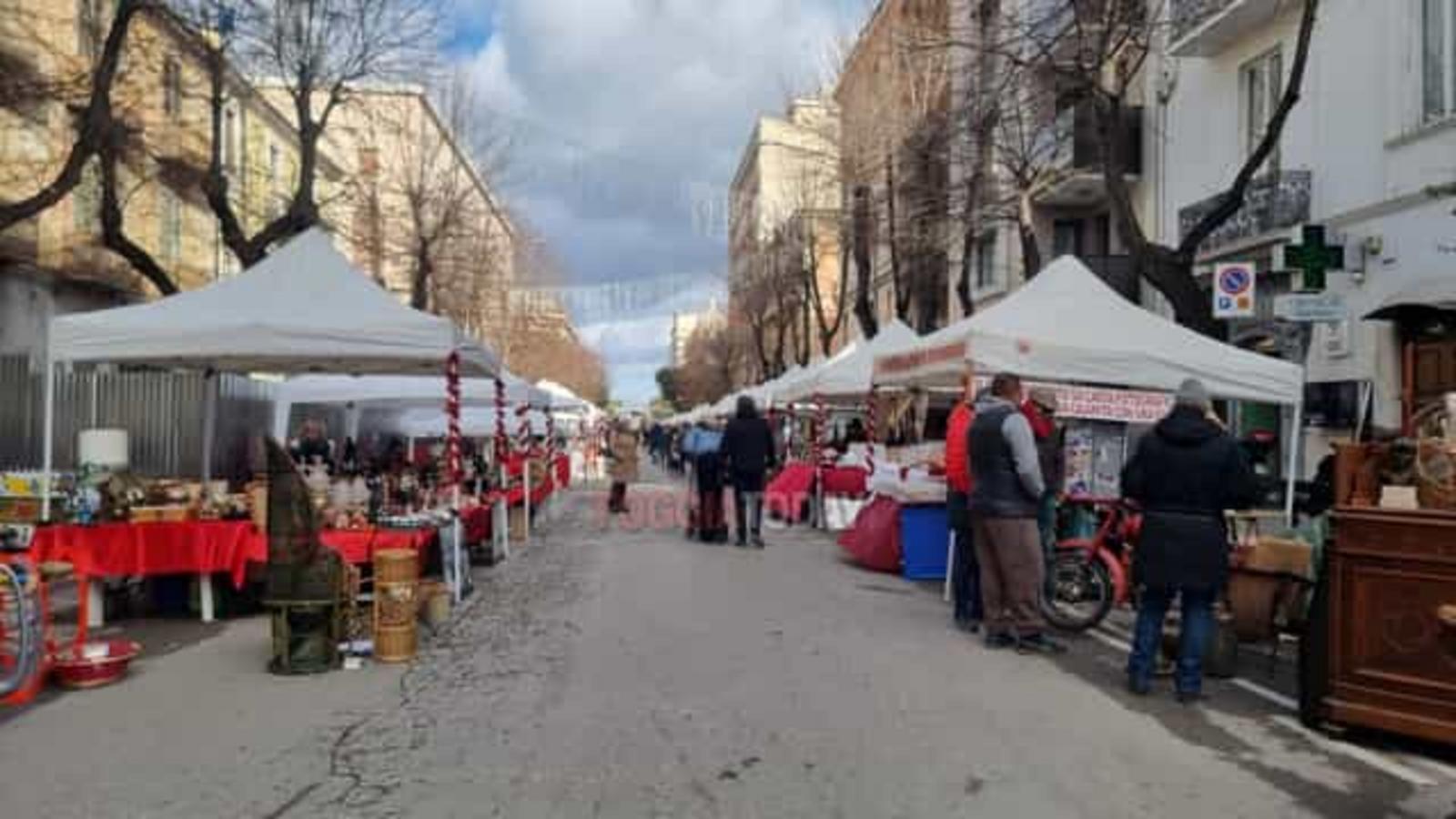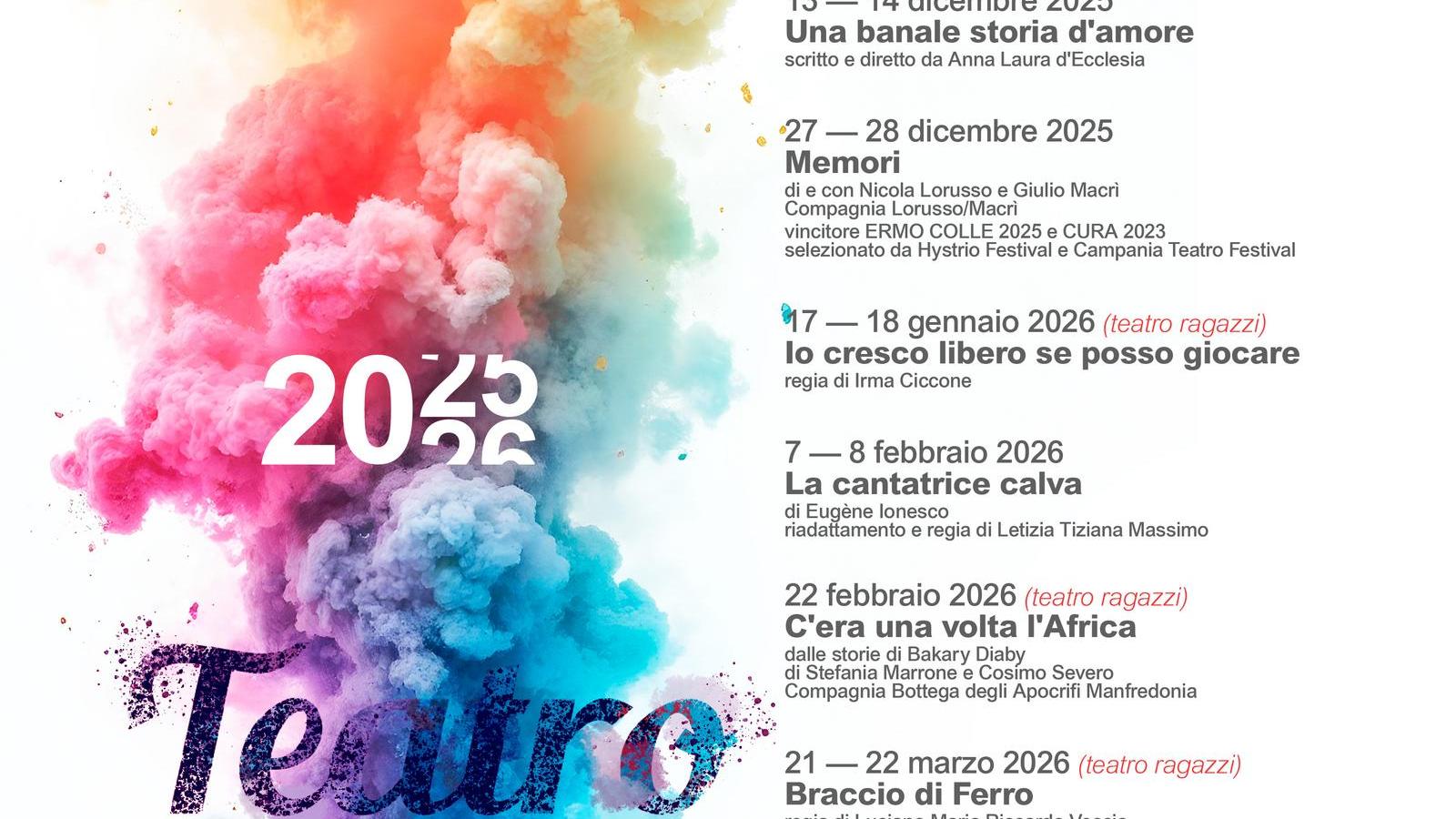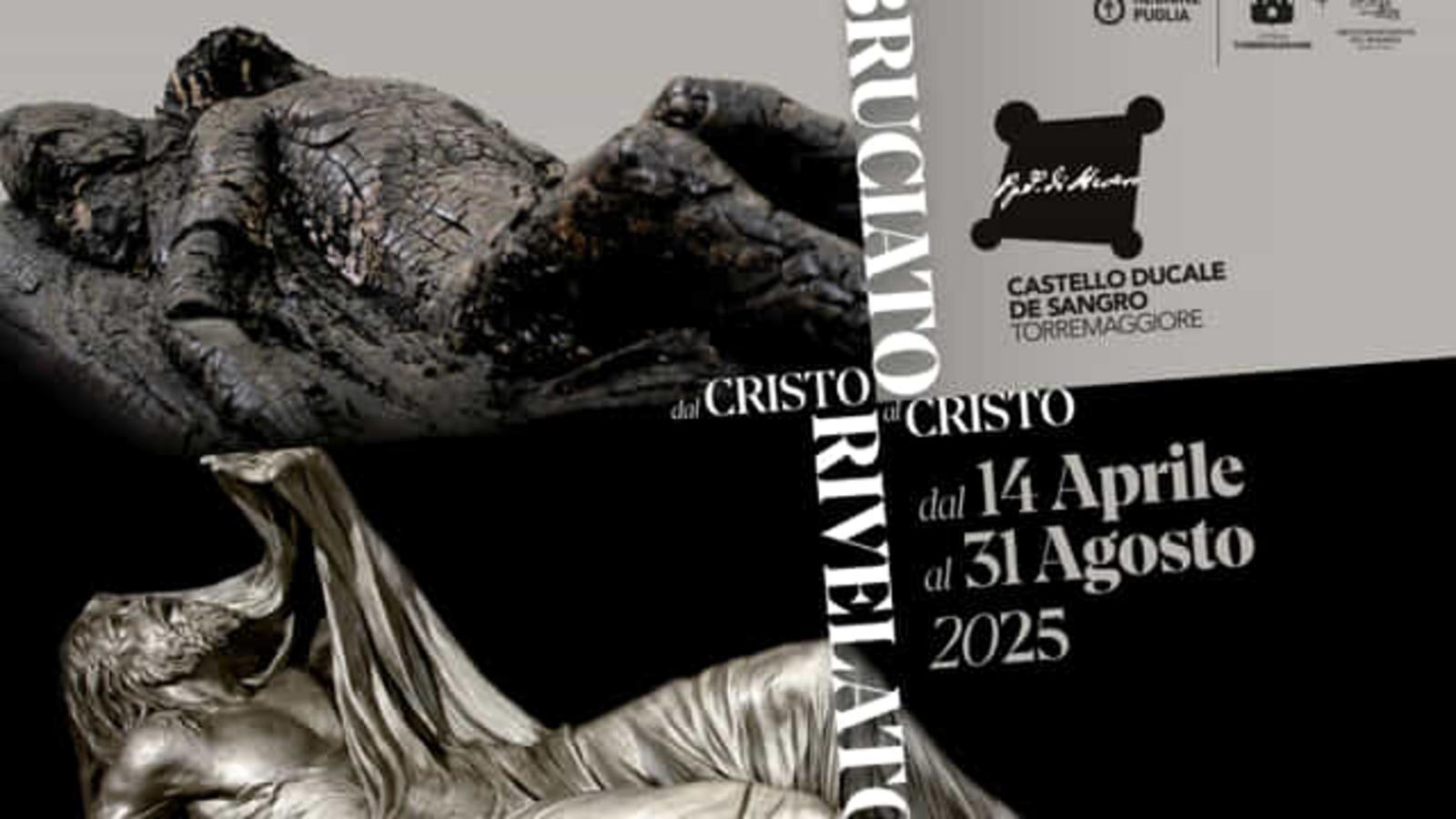Cantine Arpi
Wine and oxen from your own country
The Company
The Story:
Cantine Arpi was born from the desire of accomplished entrepreneurs in the agricultural sector who shared a common dream and a great passion for viticulture. The project aimed to revalue a historic winery from the 1970s, which was solely dedicated to the production of bulk wine. Driven by the ambition to make our products recognizable, they decided to invest. The objective was to develop a distinctive brand identity, where the connection with the history of our territory was evident both in the logo and through the storytelling of our products.
For this reason, the name "Arpi" was chosen. According to legend, after the Trojan War, Diomedes sailed through the Adriatic Sea and up the River Ofanto, bringing with him, as a memento, grapevines that were planted on the banks of the Ofanto River, giving rise to the Uva di Troia, an indigenous grape variety of Puglia.
In the 4th century BC, during the time of Alexander the Great, the city of Arpi, a populous, wealthy, and powerful city, aligned itself with the Romans. However, after the Battle of Cannae (216 BC), it began a slow decline until the beginning of the second millennium, experiencing pillaging by various conquerors and becoming an area of vast countryside, oak forests, lakes, and marshes, with only a few hamlets surrounding the Taverna del Gufo, the current church of St. Thomas the Apostle.
The wines of Cantine Arpi evoke the history and beauty of the territory, recalling the most important and grand archaeological sites of Daunia, a source of pride for Puglia.
Furthermore, the logo represents the head of a jellyfish and is a clear reference to the Medusa Monument, one of the most impressive works found in Arpi. It was the main and most extensive monument of the pre-Roman Daunian center, located in the vast area of the Daunian metropolis. This extraordinary monument, which belonged to a wealthy and educated family from the 3rd century BC, showcases the high level achieved by architecture and artistic craftsmanship, promoted by the Arpan aristocracy, under the strong influence of Greek culture, specifically Macedonian Hellenistic culture.

.png)
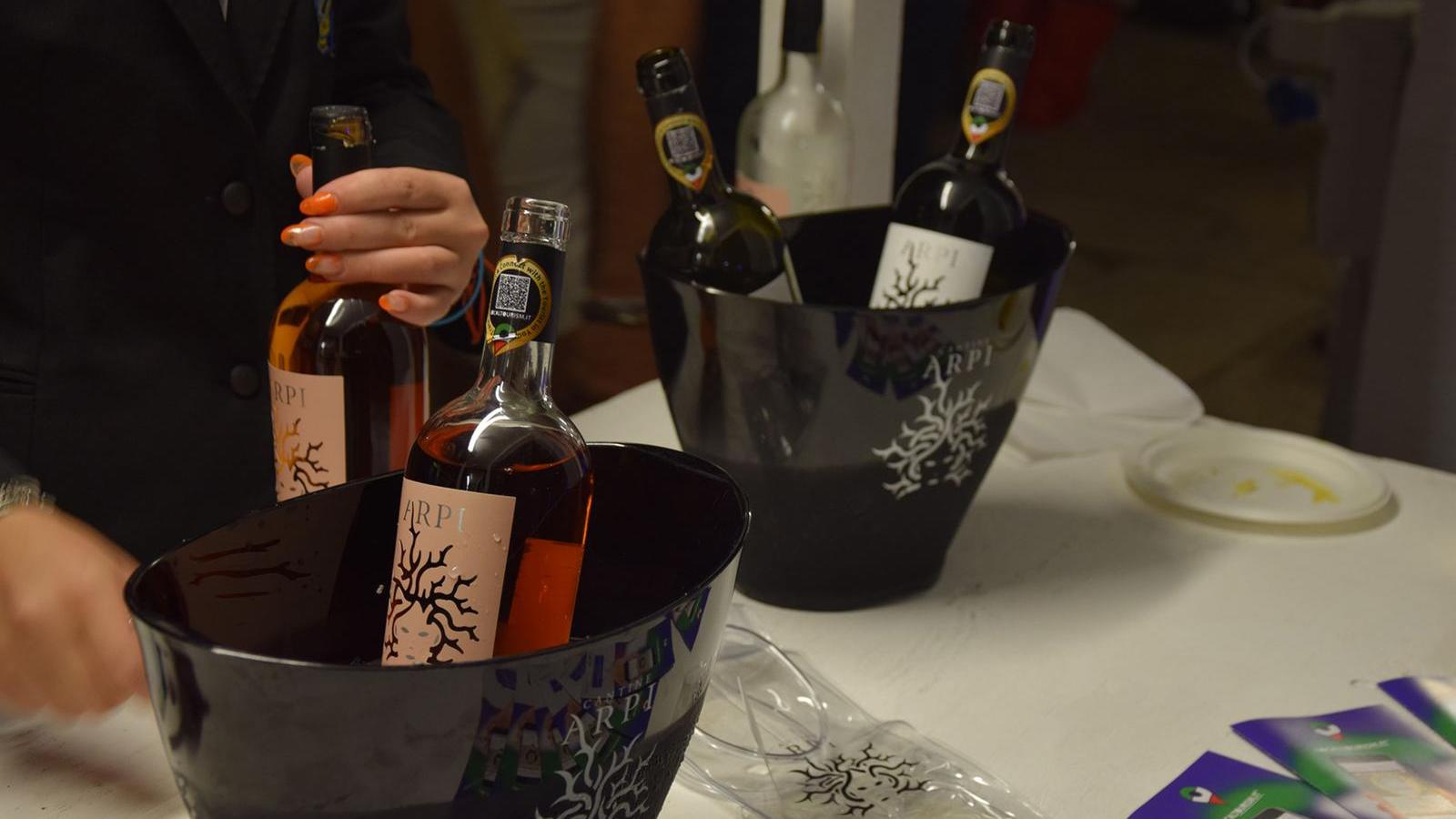

.png)

.png)
.png)
.png)
.png)



